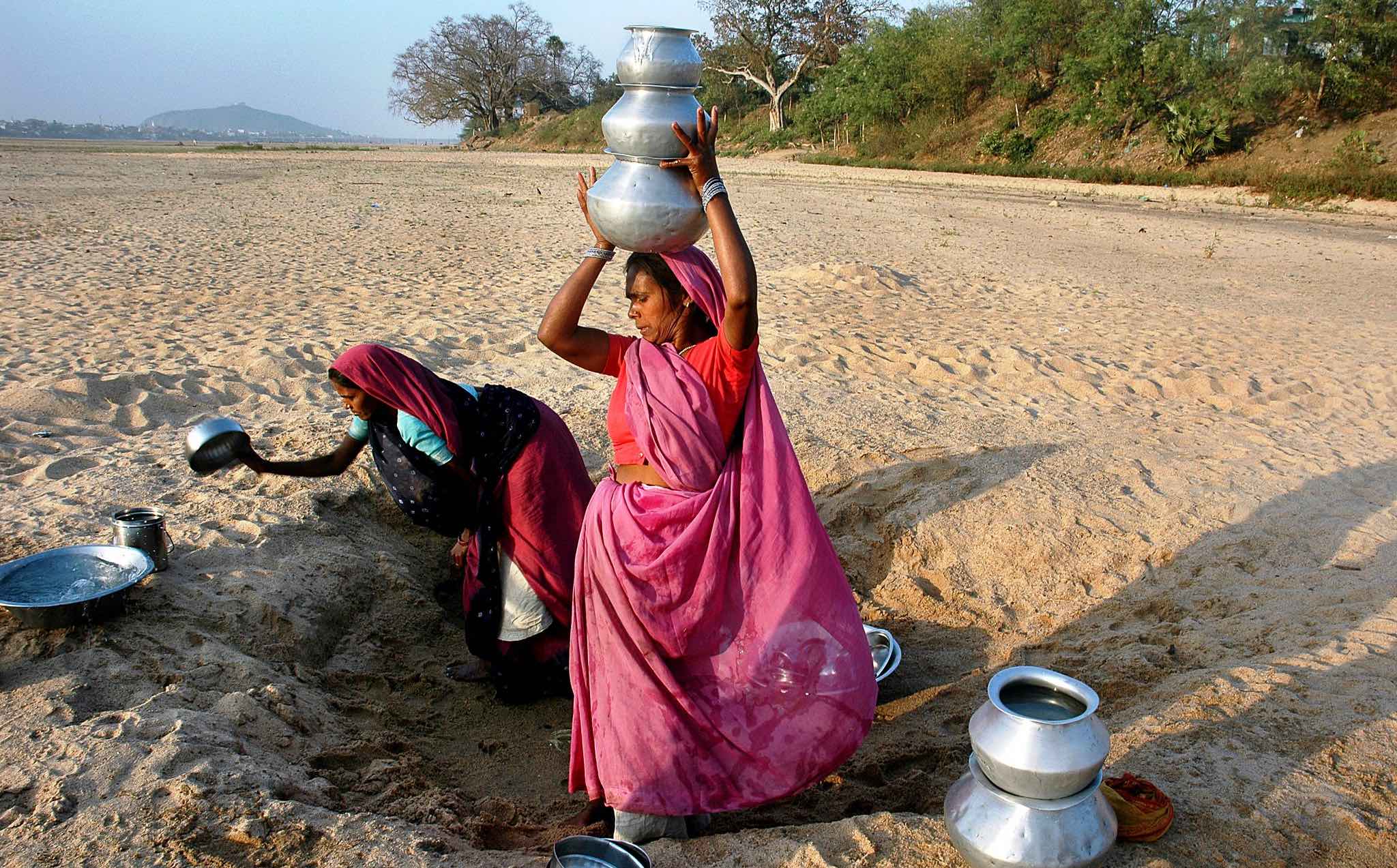World Water Day 2013 begins the International Year of Water Cooperation. Today, we highlight an innovative research project that helps strengthen cooperation to protect and conserve this precious natural resource.
Recently, villagers in India and Colombia have been regularly gathering for a “game night.” But instead of Monopoly or charades, they play a game that simulates real-life decision-making about water use.
How to use water—specifically, what kind of irrigation to use and type of crop to plant—is not a decision that can be made in isolation. The success of a farmer’s crops and the availability of water for all farmers depend on the decisions and actions of the whole community. Water management requires people to work together to use this resource carefully and judiciously, but such collective action rarely happens.
As part of the CGIAR Research Program on Water, Land and Ecosystems, IFPRI is collaborating with the Foundation for Ecological Security in India, Universidad de los Andes in Colombia, and Arizona State University on an innovative use of experimental games to improve collective water management. These games—simulations of real-life water and farming scenarios—are designed to both measure and improve collective action in communities in India and Colombia. In India, for example, groups of five men and five women from each village must choose what to grow throughout a year’s seasons with an eye toward their chosen crops’ water requirements. If growing strategies use too much groundwater, the game ends—similar to real life where groundwater tables are falling, and the cost of pumping irrigation water is rising.
Feedback from the participants is enthusiastic. “For other meetings we don’t sit for so long,” said one villager. “But in this meeting we didn’t know how the hours passed. It is because the game is related to our lives.”
While researchers use these kinds of experimental games more and more to measure the likelihood of cooperation, this project is one of the first to explore whether they can also be used to strengthen cooperation. According to IFPRI’s Global Food Policy Report, poor water management is linked to water scarcity and degradation, low agricultural productivity, and poor nutrition and health outcomes. If successful, this study will provide an important new tool for strengthening collective action not only for water management but for other resources as well.







